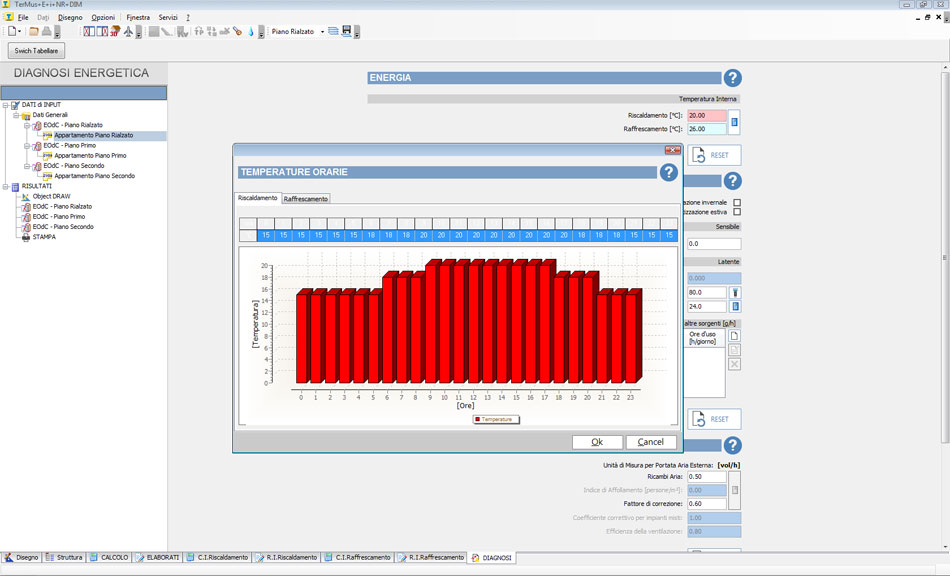

However, people typically only receive antibiotics if their symptoms are severe.

In some cases, it may take several months for a person’s bowel habits to return to normal.Īntibiotics can shorten the duration of illness by a couple of days and may prevent the infection from spreading to others. Symptoms typically last around 5–7 days, though some people may experience symptoms for 4 weeks or more. feeling the need to pass stool even when the bowels are empty.Symptoms of bacillary dysenteryĪccording to the Centers for Disease Control and Prevention (CDC), symptoms of bacillary dysentery typically begin around 1–2 days after infection and last around 7 days. Dysentery symptoms differ according to whether the infection is bacterial or parasitic.


 0 kommentar(er)
0 kommentar(er)
